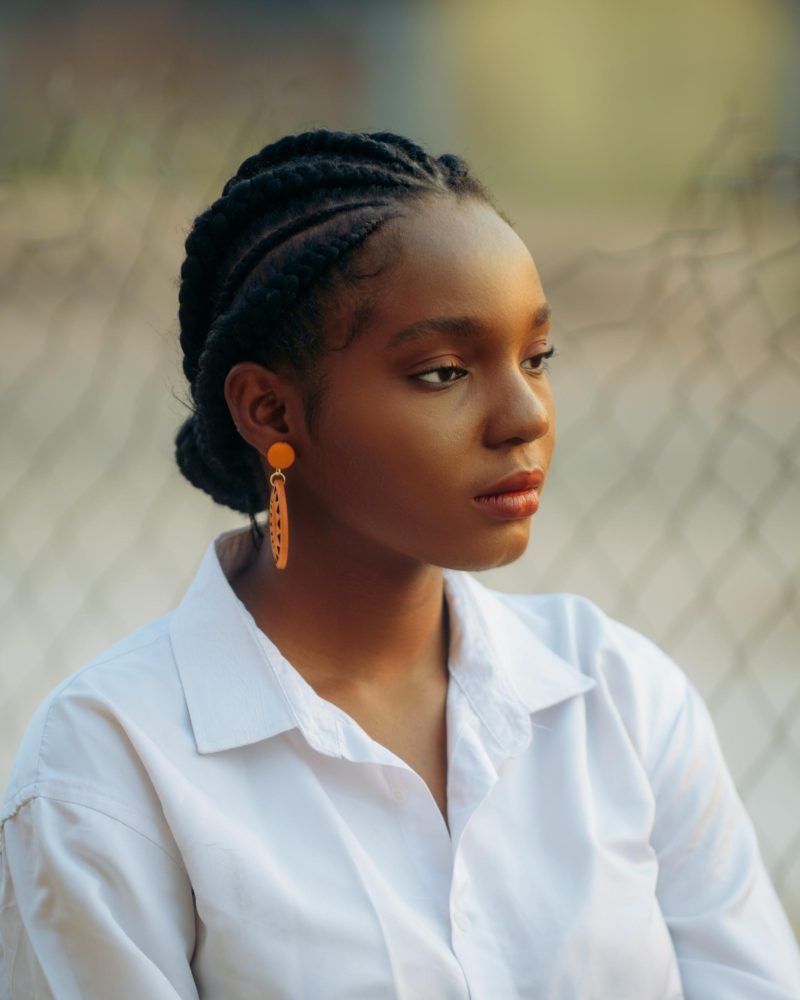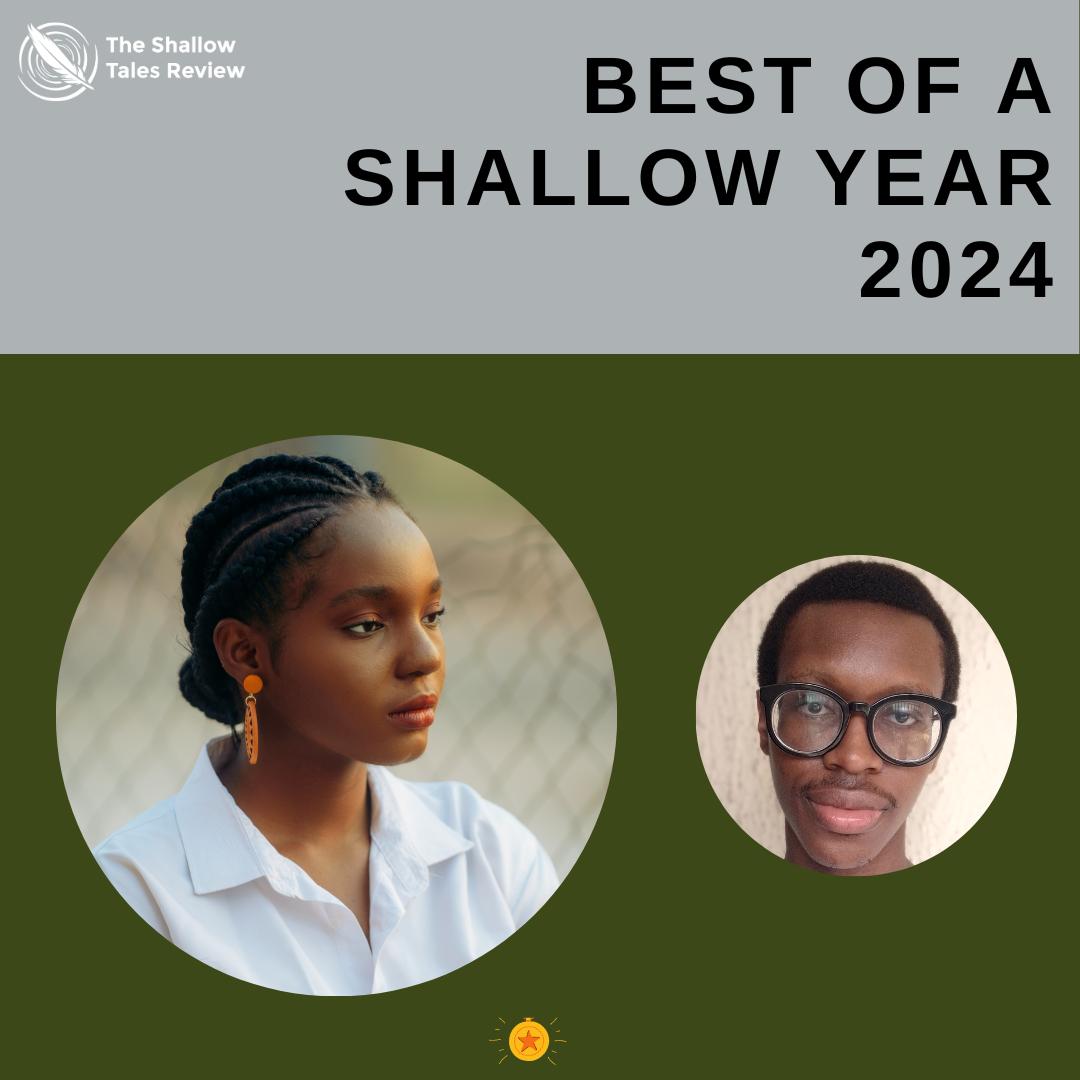What inspired the story, and how did you approach its creation? Take us through the writing process.
Vanilla Baby began as a response to a flash fiction exercise during the iWorder Creative Writing Workshop in March 2023. Afterwards, I was inspired to expand it. I centered this story around several themes, including friendship, femininity, strangers, the Internet, innocence, and exploration. There is an enduring sense of curiosity in the naïve, and I sought to explore that with the lead character, Kamsi, and where it leads her. I thought deeply about female friendships as well. Beneath the costume of Nneka’s flamboyant personality is a soul that understands Kamsi deeply. This contrasts the new world she finds herself in with Yaefu.
I develop the characters by reflecting about the wonderful people in my life, or those I have met in passing. There are certain traits and quirks that I borrow from them. For example, I once met a couple with the dynamics of Yaefu and Kamsi’s relationship, and they were perfectly fine with it.
I have a general affection for handwritten things, so I begin every story on paper. This was no different. I then revise by transferring it to a laptop, retyping, editing, seeking the opinions of my friends, and letting it fallow for months.
How does this work reflect your growth as a writer or your creative perspective on the world?
That’s an interesting question. It has made me interrogate many aspects of my own life where I have not been taking full agency. It has been almost two years since I first conceived the idea for it, and it was subject to a lot of revisions. It has taught me patience and the importance of giving a story room to breathe.
How do you balance personal expression with connecting to your audience through your work?
The question points back to the age-long debate of writing as catharsis for the authors, or an obligation to engage the reader. As Susan Sontag says, “To be a moral human being is to pay, be obliged to pay, certain kinds of attention.” I believe writing is a form of distilling the product of these observations to those who may not readily regard them. The balance comes from accepting that your work cannot and will not be palatable for the whole world. I express myself for the subset of readers who see themselves in my work, and who can recognise the human thread that links all our lives.
How do you know when your work is ready to be published/ submitted to editors?
When I feel I have reached the elasticity of execution. Often, the magazine editors stretch past that and I am grateful to Ifeanyichukwu Eze, the guest editor, who could create the final vision of the story.
How would you rate your writing now and say 5 to 10 years ago?
It is challenging to quantify my growth. There is raw hunger in my earlier works and I still see that in myself. However, my writing is a lot simpler now. It doesn’t struggle to prove a point, so there is much more ease in the language. I’m focused more on telling a story and synthesising a series of ideas, than sounding beautiful or poetic. I think that’s significant growth.
Read and listen to “Vanilla Baby” here.


